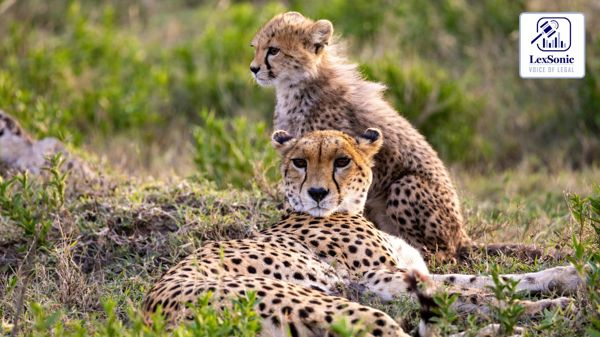Urban Wildlife Challenge: Rhesus Macaques Delisted and the Path to Coexistence in Delhi.
30 September 2024
Wild Life Protection >> Environmental Law
To address this pressing issue, civic authorities must initiate a year-long public awareness campaign. This campaign should aim to educate the residents of Delhi on the detrimental effects of feeding wild animals. By understanding that such actions harm the monkeys and contribute to their urban encroachment, the community can take meaningful steps toward coexistence.

Another significant contributor to the monkey-human conflict is inadequate waste management. Open garbage in public spaces, including parks, food hubs, and roadside eateries, attracts monkey populations, exacerbating the problem. To create a safer urban environment, residents must be encouraged to maintain cleanliness and avoid littering food scraps. This crucial aspect should also be emphasized in the proposed awareness campaign.
In response to the increasing monkey menace, the municipal authorities—namely the Municipal Corporation of Delhi (MCD) and the New Delhi Municipal Council (NDMC)—have been directed to develop and implement a comprehensive strategy. This plan should focus on relocating monkeys from public parks, hospitals, government offices, and residential areas to the Asola-Bhatti Wildlife Sanctuary in New Delhi, ensuring the animals are rehabilitated in a more suitable environment.
